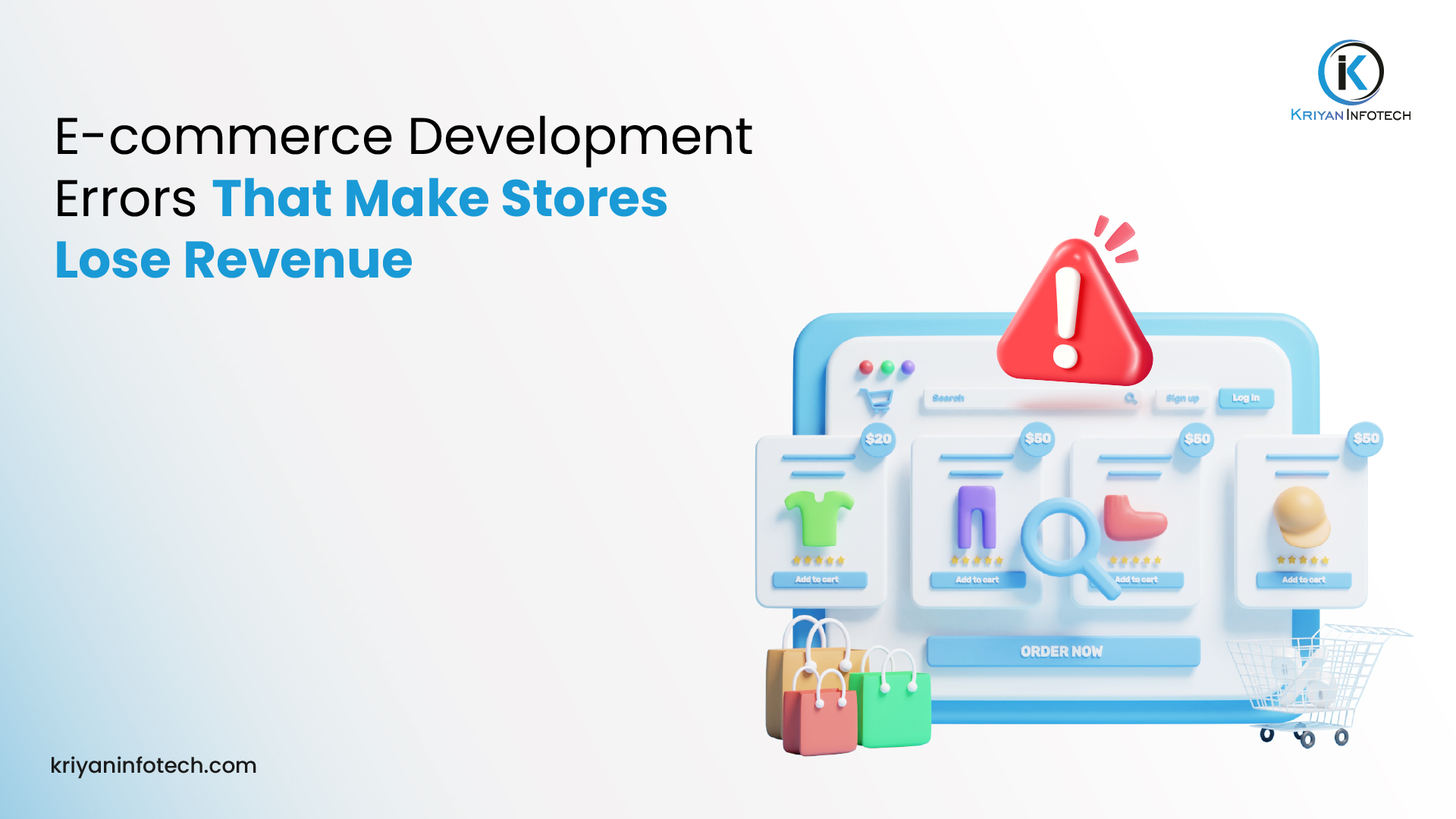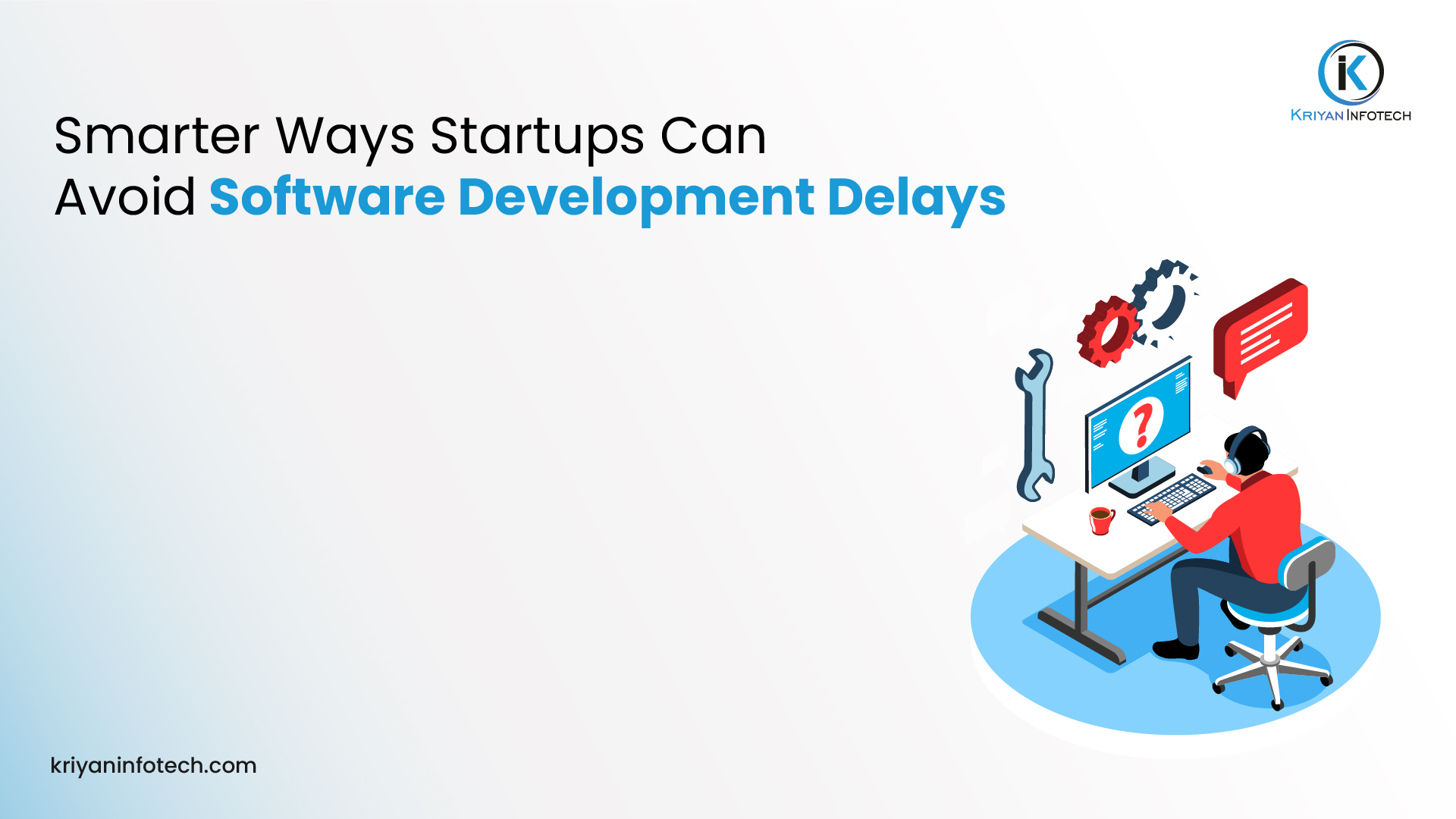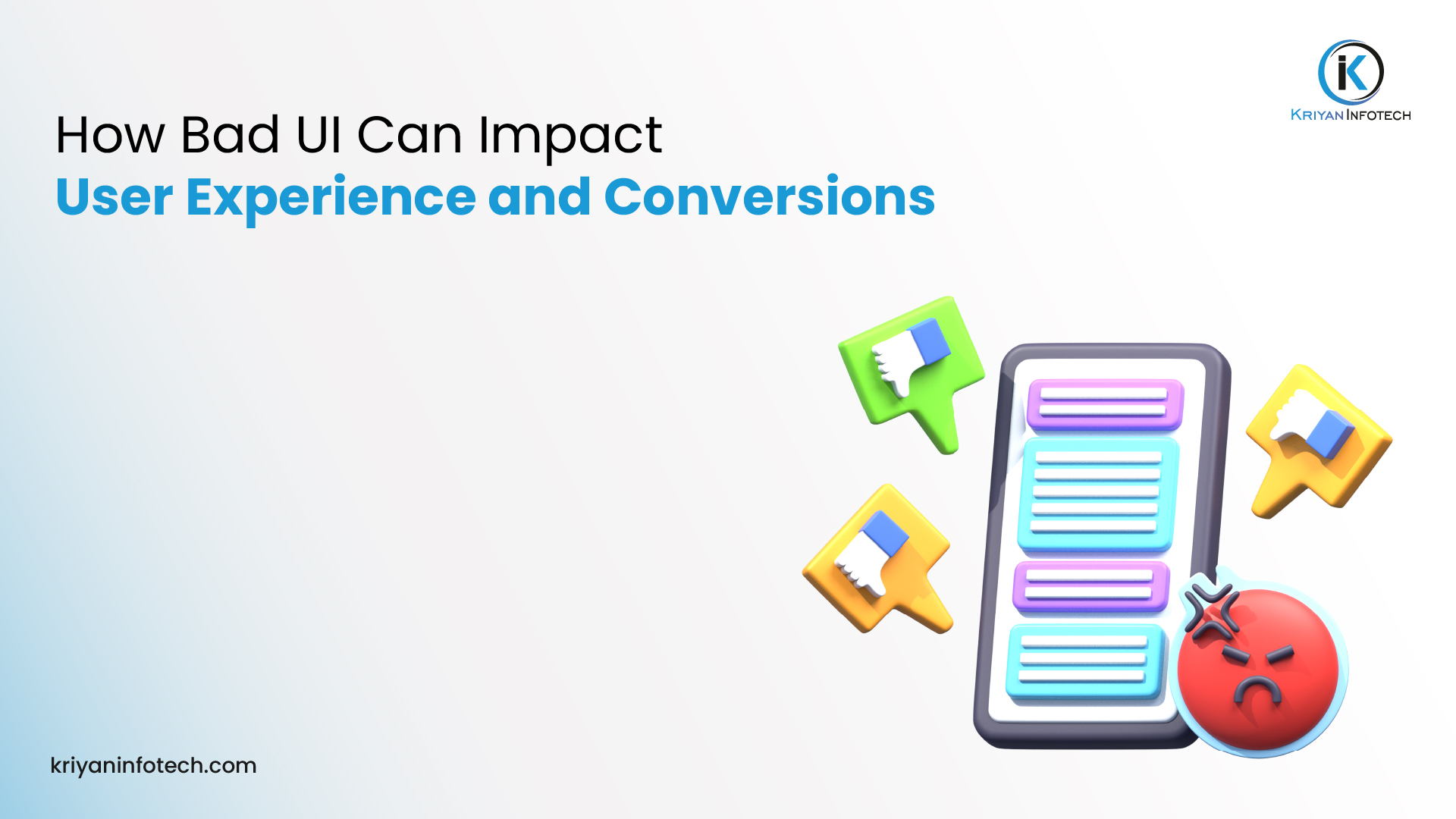
Why is Social Media an Important Part of Inbound Marketing?
Introduction

1. Content Creation
Inbound social media marketing begins with the relevant content creation that can solve users’ needs. It mainly consists of blogs, guides, podcasts, infographics, etc.
2. Engagement
Once the content is created and circulated on social media, engagement with the audiences through comment sections, mentions, direct messages, etc., becomes necessary.
However, it is essential to note that a customized engagement style is used according to the user’s behavior. It increases the retention rate.
3. Consistency
Algorithms are the building blocks of social media. One such algorithm that is greatly valued and directed by almost all social media networks is consistency.
Therefore, it is advisable to design a calendar according to the requirements of the industry and post content regularly.
4. Storytelling
The internet is over-stuffed with content. According to a report by Neil Patel, an SEO expert, 98% of the content is trash. It is because AI-generated content has taken the internet to the storm.
Nearly 4.6 billion content pieces are shared on the internet daily. Write your brand story before posting it on online platforms to generate value.
5. Hashtags and Keywords
Relevant and high-traffic hashtags plus keywords are used to reach the right and a large audience. Inbound social media marketing strategies are substantially dependent on relevant keywords and hashtags.
6. Community Building
Social media is running on various guilds, despite being centralized, and accessible to all. For example, you can reach any brand, profile, or product, but based on your daily activities, a social media algorithm detects your behavior and serves the content accordingly.
Therefore, experts recommend building community on social media through podcasts, reels, live sessions, etc.
What is Inbound Social Media Marketing and its Strategies?
To decipher the social media marketing, we will first have to understand what is inbound marketing. In simple terms, inbound marketing refers to the marketing strategies where a company engages in organic activities to reach potential customers through various channels.
Considering contemporary marketing trends, inbound marketing solely relies on digital marketing, where trending and sought-after content is curated and provided to the customers to generate value.
The primary motive is to establish a relationship, increase brand awareness, and eventually bring traffic to the website. Below are some of the predominant inbound social media marketing strategies:
Role of Social Media in Marketing Strategies
Reach: The basic idea of any marketing is to reach the potential customers. Now, no one is unaware of the popularity of social media.
We all have read the stats that state, “a user spends 2.24 hours on social media.”
Therefore, social media is the best platform to reach any target audience. Also, it helps build buyers’ persona, as you can practically learn how your potential customers behave, what they do, how they react, etc.
Brand Awareness: Utilizing social media platforms enhances the potential for your product or service to establish itself as a recognized and reputable brand.
Implementing an effective branding plan can facilitate the process of establishing oneself as a recognized brand, while also being cost-effective.
Data Analytics: Social media is an excellent platform for gathering data. The retrieved data can be processed into intelligent data to facilitate well-informed decision-making. The tool comprehensively explains the targeted audience’s inclinations, preferences, behavior, and prevailing trends.
Influencer Marketing: People on social media generally have some particular ideals depending on their interests and hobbies. The influencers from that specific niche are followed fanatically more often than not.
We will discuss in the later part of this article how social media helps build trust with brands. That trust is majorly built with the help of influencer endorsements.
Community Building: Communities on social media are formed strategically. Depending on the niche and target audience availability, a suitable platform can be chosen and optimized accordingly.
Those who are mindfully treated through that community can be converted into potential but latent salesmen. They can advocate your product or service and help you promote your company even when you are not physically present.
4 Reasons Why Social Media is an Important Part of Inbound Marketing
From the above section, it is quite clear that the new marketing landscape requires strategists to take inbound marketing and digital marketing hand-in-hand. Let us now understand its fundamental reasons separately:
1. Consumer’s Expectations
In this digital era, consumers have a practice of checking out the social media profiles of brands before making a purchase.
According to Sprout Social, out of ten consumers, eight will expect their favorite brands to be available on socials.
2. Consumer-Brand Communication
Due to the advancements in artificial intelligence (AI) and the rise of bot marketing, customers now have a preference for direct communication with brands.
Consumers are apprehensive about inorganic social media marketing due to its deceitful and non-transparent nature.
3. Consumer Builds Trust
Utilizing brand marketing on social media platforms fosters trust between consumers and the product or service. When a company selects a brand ambassador who is an influencer or celebrity to advocate their product, it instills trust in consumers and consequently leads to an increase in sales.
4. Consumers Purchase Directly
The optimal approach to promoting any product or service is to identify and utilize channels where the intended audience can be reached.
Based on extensive statistical data, it has been empirically demonstrated that the average individual dedicates approximately 2 to 3 hours per day to engaging with social media platforms.
Consequently, social commerce has experienced a significant surge in recent years. Consumers are currently engaging in direct purchases on social media platforms.

To decipher the social media marketing, we will first have to understand what is inbound marketing. In simple terms, inbound marketing refers to the marketing strategies where a company engages in organic activities to reach potential customers through various channels.
Considering contemporary marketing trends, inbound marketing solely relies on digital marketing, where trending and sought-after content is curated and provided to the customers to generate value.
The primary motive is to establish a relationship, increase brand awareness, and eventually bring traffic to the website. Below are some of the predominant inbound social media marketing strategies:
Final Words
Are you still struggling to identify the appropriate target audience for your business? Or, if you are still unsure about where to find your potential clients, it is imperative that you promptly use inbound social media marketing methods. Currently, companies are utilizing inbound marketing to onboard a significant majority, specifically 70%, of their clientele.

Kriyan Infotech offers personalized assistance in developing a customized marketing strategy that aligns with your business requirements.
Not all successful strategies guarantee customer acquisition.
Hence, gathering data and considering crucial quantitative elements is imperative to ensure the social campaign’s efficacy for your organization.
Reach out to us at: marketing@kriyaninfotech.com
E-commerce Development Errors That Make Stores Lose Revenue
Introduction Running traffic to your online store is...
Smarter Ways Startups Can Avoid Software Development Delays
Introduction For startups, time isn’t just money; it’s...
How Bad UI Can Impact User Experience and Conversions
Introduction You can spend thousands on ads, SEO,...



